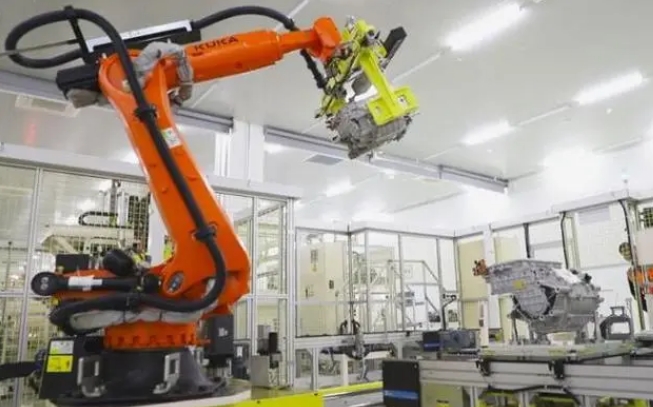Sand Casting in Auto Parts: Application & Future Prospec
Time:2024-02-27 19:58:28 Source:ChinaZ Click:次
Sand casting, a precision casting technique, holds an irreplaceable position in the manufacture of automotive components due to its high adaptability and cost-effectiveness. With the automotive industry's increasing demands for precision and performance of components, sand casting technology faces new development opportunities and challenges.
The manufacturing of automotive components involves a variety of materials, including but not limited to aluminum alloys, cast iron, and steel. These parts often require characteristics such as high strength, corrosion resistance, and lightweighting, and sand casting can meet these needs. By precisely controlling the mold-making process, sand casting can produce complex-shaped, dimensionally accurate components, such as engine blocks, transmission casings, and brake system parts.
In actual production, sand casting can create sand molds of various specifications and shapes according to design requirements, ensuring the precision and consistency of the components. Moreover, compared to other casting methods, sand casting is more cost-effective when producing large-sized parts, which is particularly important for the automotive industry.
However, with continuous technological advancements, traditional sand casting is also facing many challenges. For example, the application of automation and robotic technologies has made the production process more efficient while reducing human error. The introduction of digital technologies, such as 3D printing and computer-aided design (CAD), has improved the speed and precision of pattern making, thus pushing sand casting towards higher precision and more complex component manufacturing.
Looking ahead, sand casting has a broad prospect in the field of automotive component manufacturing. As the automotive industry evolves towards higher performance and environmental friendliness, the quality and performance requirements for components will increase. Therefore, sand casting must continuously enhance innovation in materials, design, and processes to meet the new industry standards.
On one hand, advancements in material science provide more options for sand casting. The use of novel alloys and composite materials may improve the performance of components, and sand casting processes will need to be adjusted to accommodate these materials. On the other hand, stricter environmental regulations demand that casting processes become more eco-friendly, prompting sand casting technology to develop towards low emissions and high energy efficiency.
Finally, intelligent casting will be an important direction for future development. By integrating sensors and real-time data monitoring, precise control over the entire casting process can be achieved. This not only improves product quality but also optimizes production efficiency.
In conclusion, sand casting demonstrates a strong vitality in the manufacture of automotive components. Despite the challenges of new technologies, through continuous innovation and adaptation to industry trends, sand casting remains a reliable choice for automotive component manufacturing and is expected to continue playing a significant role in the industry.


